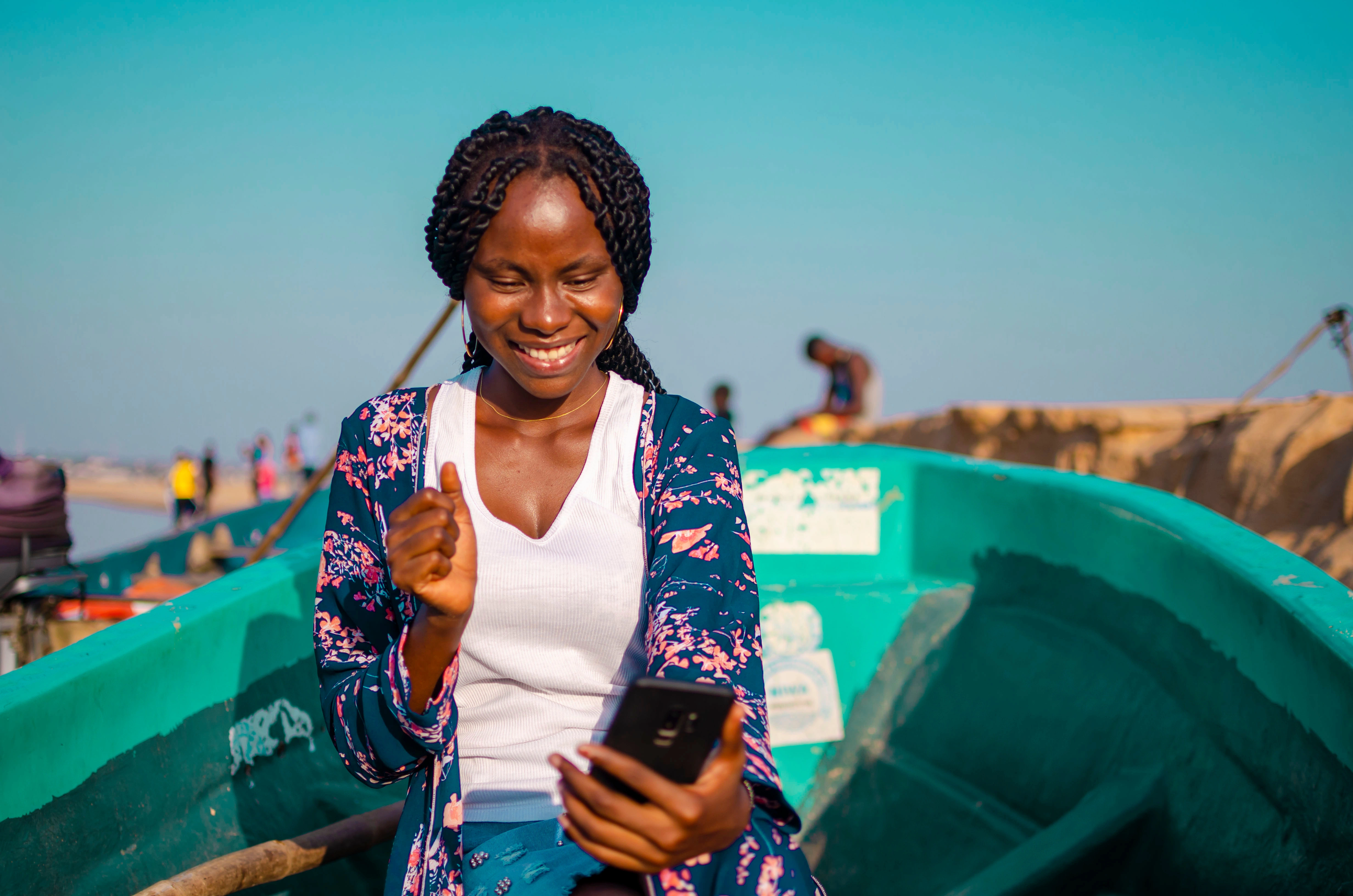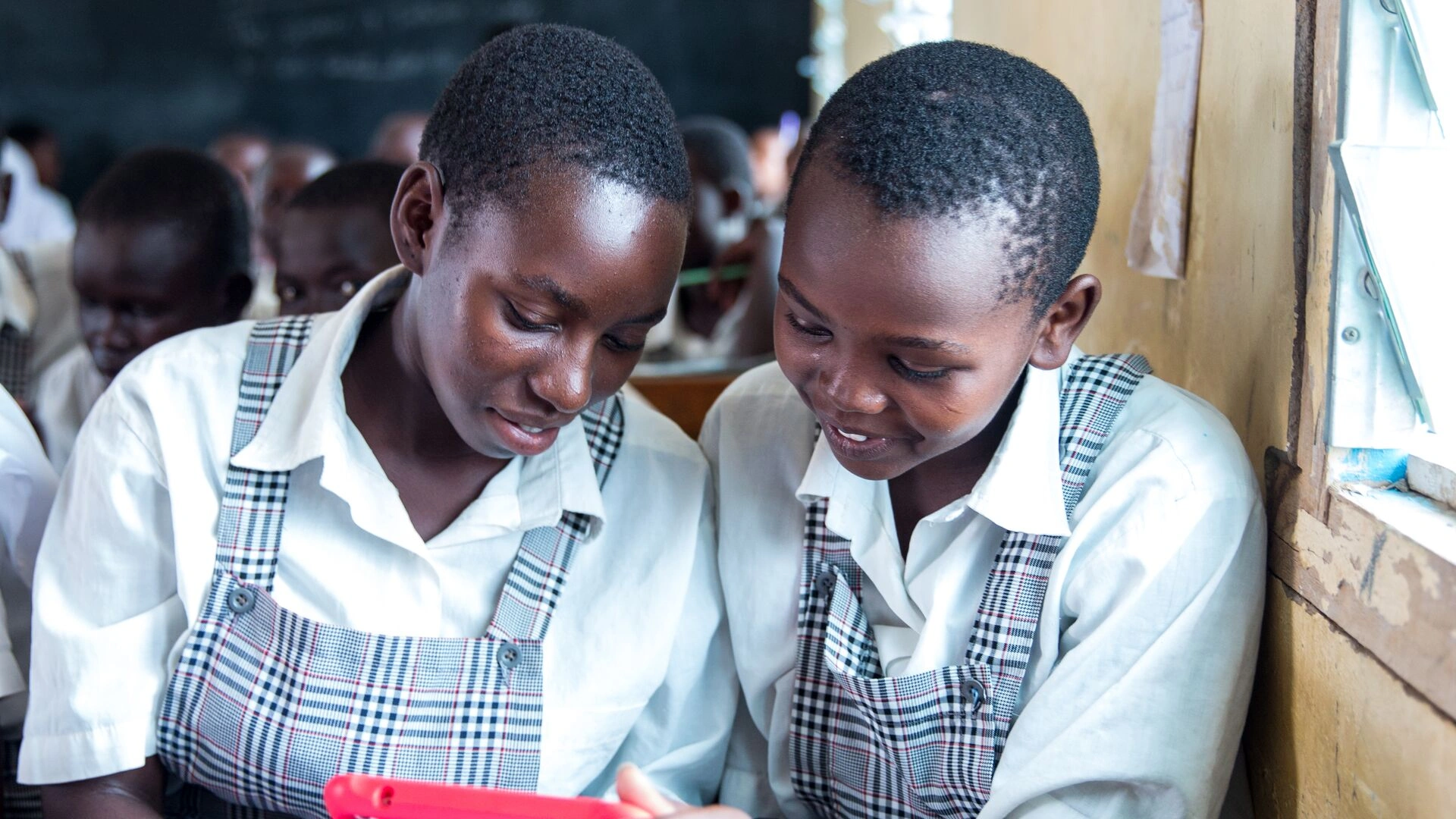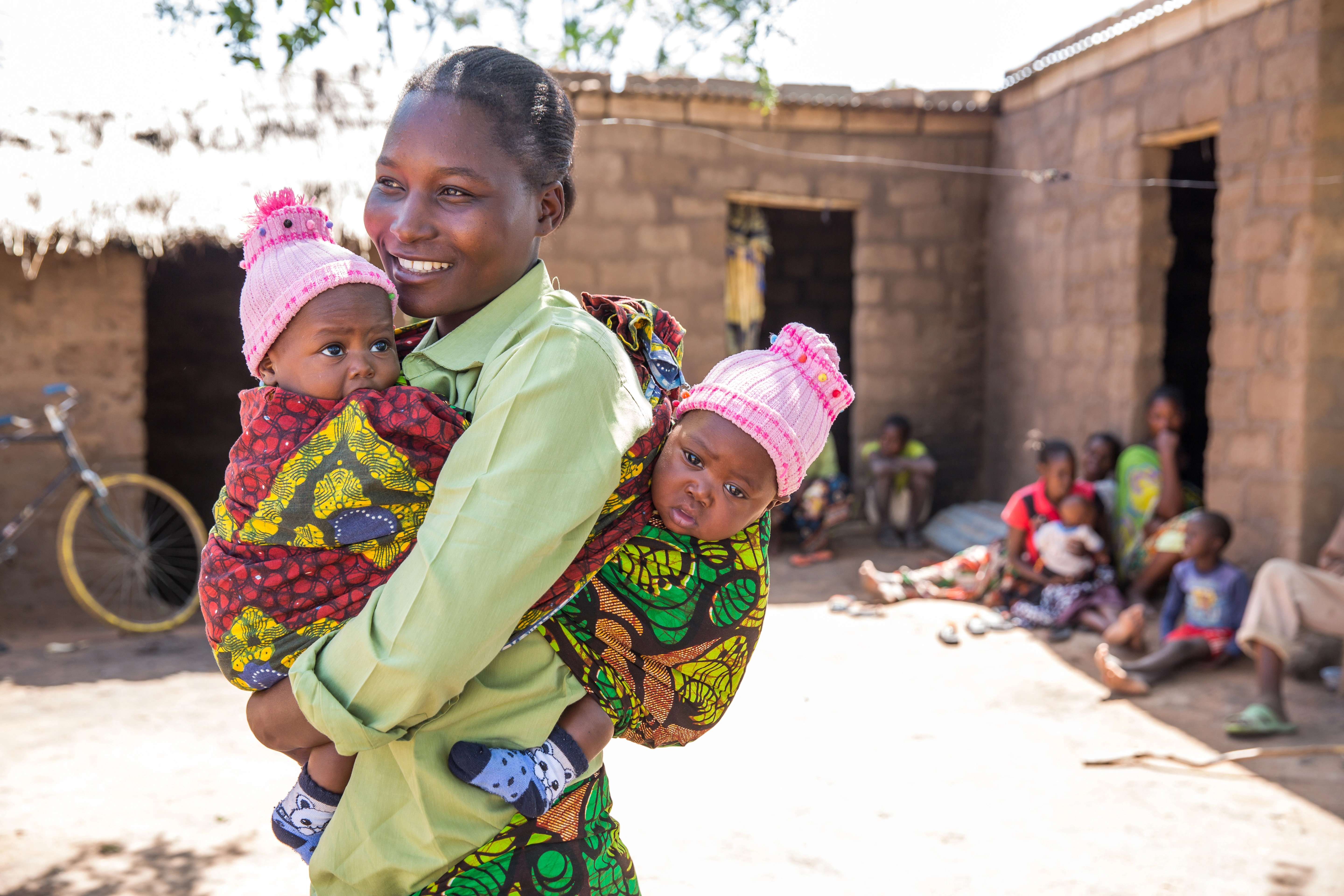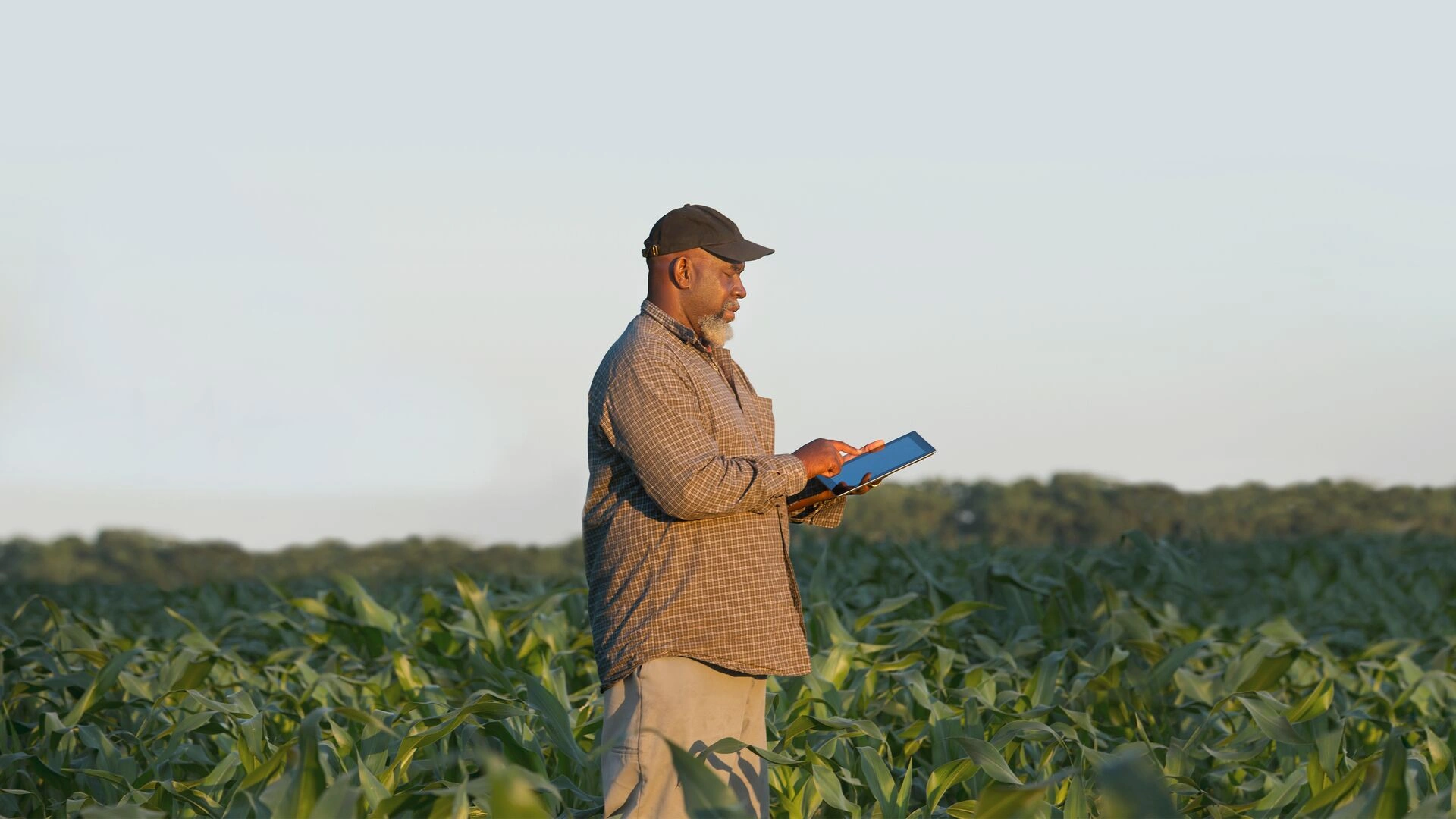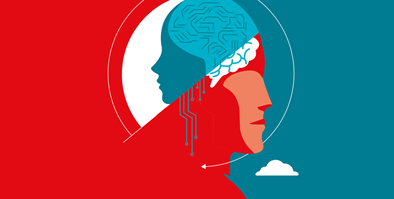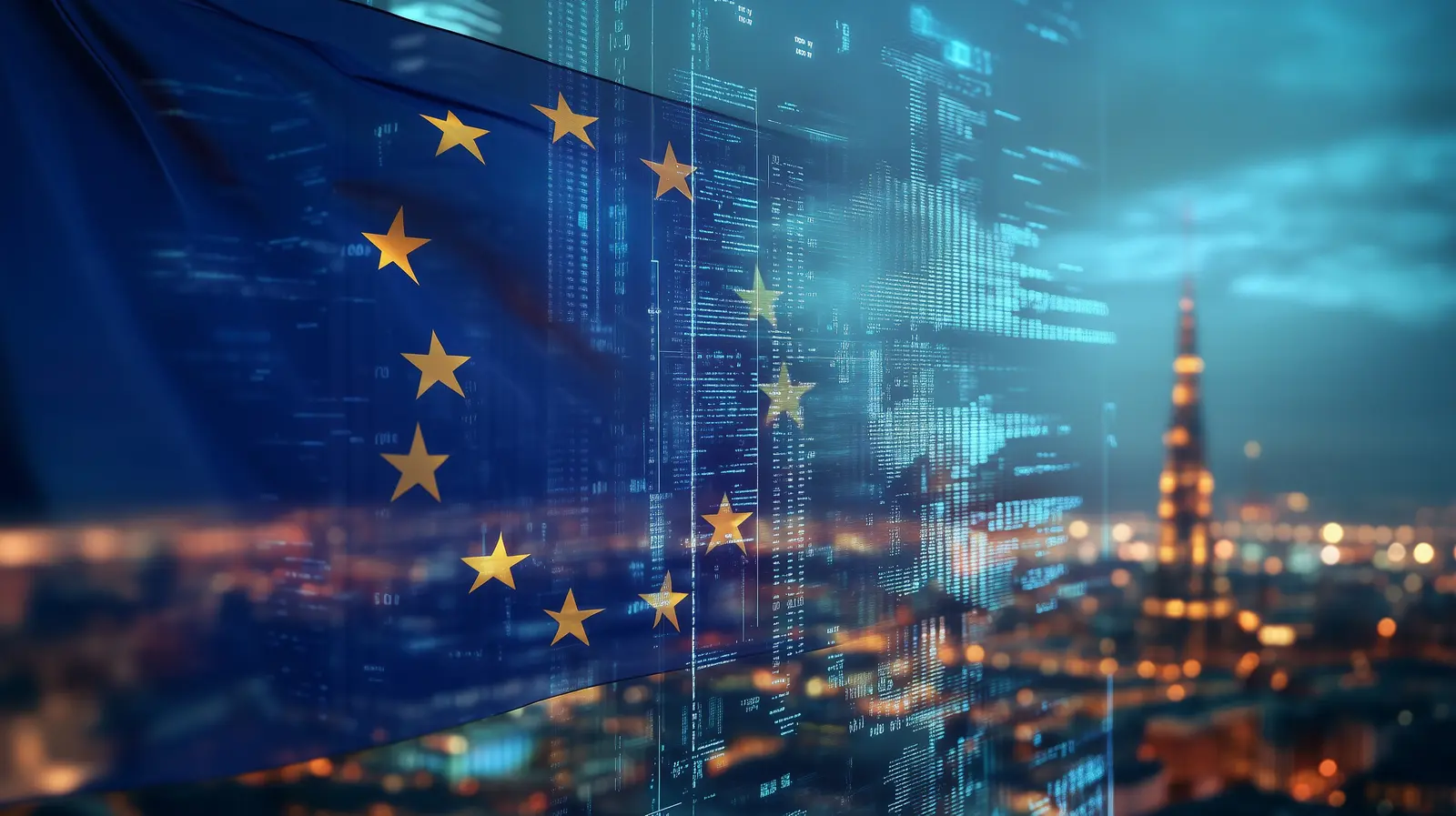Policy makers and world leaders meet in New York every year for the United Nations General Assembly (UNGA), a unique forum in which the 193 Member States discuss a range of issues.
Underpinning this agenda are the Sustainable Development Goals (SDGs).
What are the Sustainable Development Goals?
Launched in 2015, there are 17 Sustainable Development Goals with 169 targets aimed at ending poverty, fighting inequality and tackling climate change by 2030.
At the midway point, data shows that the COVID-19 pandemic, war and other crises have halted progress. About half of the SDG targets are off track, and over 30% have either seen no movement or regressed. Developing countries are most impacted by the lack of progress.
Under current trends, the UN estimates that 575 million people will be living in extreme poverty in 2030 and 84 million children will be out of school. Meanwhile, the world is back at hunger levels not seen since 2005, the window to limit the rise in global temperatures is closing quickly, and it will take an estimated 286 years to close discriminatory gaps in legal protection.
To achieve the SDGs, national governments must revitalise efforts to integrate targets into national policies and public investments.
The time to act is now
According to the UN, the world needs to invest US$5-7 trillion per year (€4.7-6.5 trillion) in sustainable projects to meet the goals[1]. It’s therefore crucial for UN Member States to increase investment and close the financing gap facing emerging countries
As the largest pan-European and African telecoms company, we want to help governments where we operate meet their commitments. Using digital technology, we can support in delivering cleaner energy, quality education and greener agriculture.
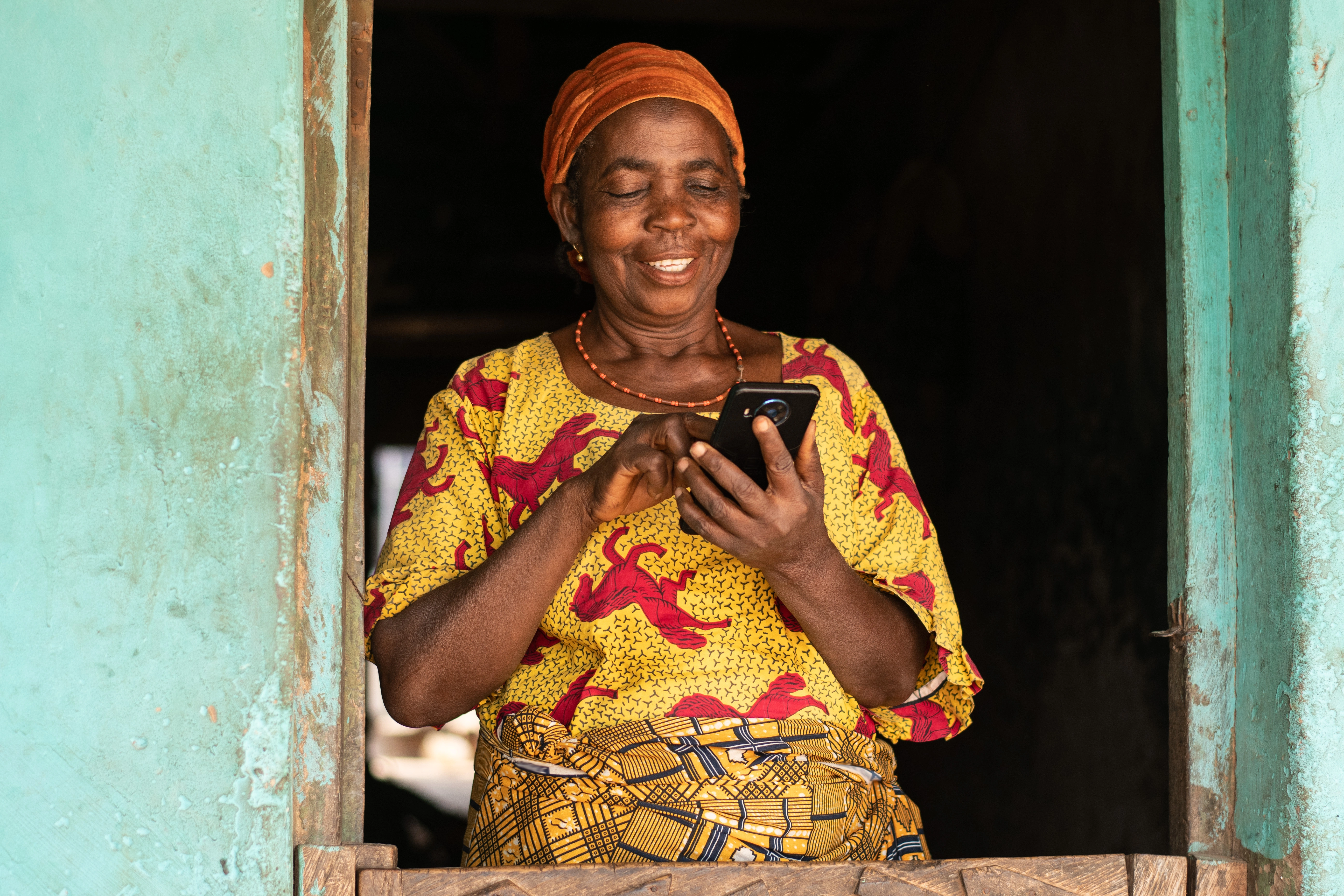
Increasing access to smartphones and the internet
Despite a 65% improvement in internet access since 2015, progress has slowed post-pandemic and renewed efforts are needed to ensure equal access to connectivity – part of SDG 9.
At Vodafone, we are rolling out 5G and expanding subsea cables across Europe and Africa, and working on new network technologies like Open RAN which will allow us to bring better services to customers.
We continue working with low-Earth orbit satellite providers such as AST SpaceMobile, to create the first space-based mobile network directly accessible by standard mobile phones. This will connect customers in hard-to-reach areas and help eliminate coverage gaps.
With an estimated 2.7 billion people still offline at the end of 2022, there is more to be done. While poor network coverage plays a role, one of the biggest barriers is the cost of smartphones.
Working with the ITU/UNESCO Broadband Commission for Sustainable Development, we want to ensure that an additional 3.4 billion people can access the internet through a smartphone by 2030.
Improving education
Our Connected Education platform in Africa gives students and teachers access to connectivity, devices and classroom collaboration software. In South Africa, Vodacom e-School allows learners to get curriculum-aligned content and educators to access learning materials on their smartphone with no data charges.
Vodafone Foundation is also working with the UN to support young refugees and their host communities in some of the most marginalised areas with Instant Network Schools, which gives them and their teachers access to digital learning content.
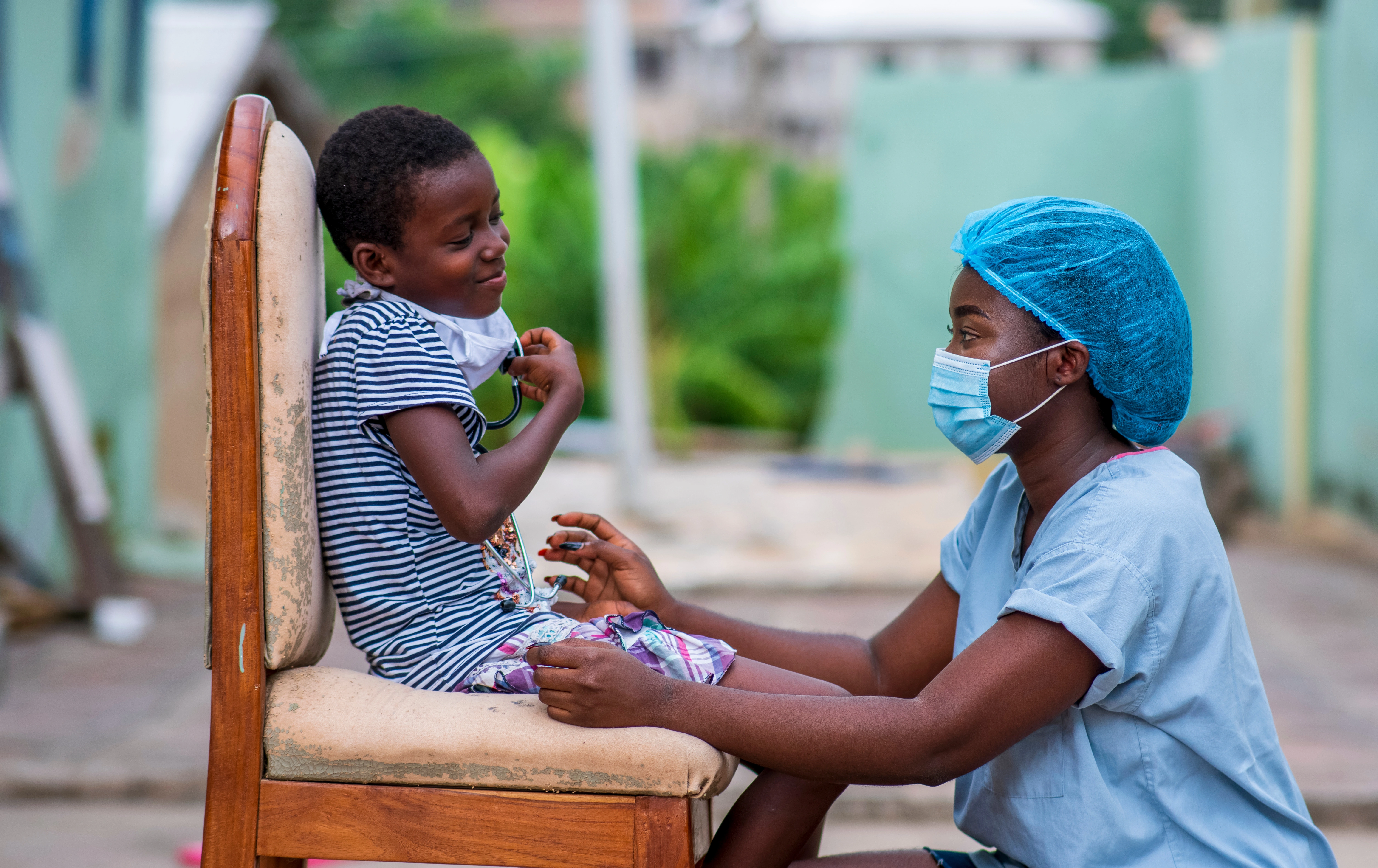
Technology for healthcare
Digital tools and fast connectivity can also improve healthcare access and patient care.
Robotics, remote-operated surgery, drone medicine delivery and remote-patient monitoring, are all innovations which are already in use.
With the app HealthX, we’re helping increase immunisation across Africa. Able to track vaccine stock levels and equipment in real-time, the app also keeps records to remind caregivers about their child’s immunisation schedule.
Since 2013, over 40 million vaccinations have been delivered using the app. 262,000 of those were children registered through the app.
We are also addressing the biggest challenge for SDG 3 – Good Health and Wellbeing – which is the high rate of maternal mortality in some parts of the world.
Around 70% of the world’s maternal mortality occurs in sub-Saharan Africa due to weak health systems and limited access to care and emergency transport.
m-mama is a first-of-its-kind emergency referral service, that connects pregnant women to emergency transport in areas where ambulances aren't available.
m-mama has helped reduce maternal mortality by as much as 38% in some regions of Tanzania. It’s also available in Lesotho and is being launched in Kenya – in partnership with USAID – and launches are anticipated in other sub-Saharan African countries.

Reducing inequalities
Financial inclusion supports SDG 10 – to reduce inequalities.
Launched in 2007 by Vodafone and Safaricom, M-PESA, the leading African mobile money service, provides financial services to over 56.7 million customers who have mobile phones, but do not have bank accounts, or have limited access to banking services.
Approximately 26 billion transactions were made over the past year using this platform. Research has shown that countries with successful mobile money adoption could reduce poverty by around 2.6% - that’s 1.7 million fewer people living in poverty.
To tackle inequality in payment for access to healthcare, our digital platform M-TIBA allows anyone to send, save and spend funds specifically for medical treatment using their mobile phone.
Ending hunger
Our digital platform eVuna is helping to tackle tackling SDG 2, around zero hunger, and SDG 12, around responsible consumption.
Helping small-scale farmers connect to information, credit and buyers, eVuna is contributing to a more secure food supply in Africa. With this support, smallholder farmers can produce more food, diversify production, and supply rural areas with nutritious, locally grown food.
Click the images below to explore our case studies
[1] https://www.un.org/sustainabledevelopment/development-agenda/























